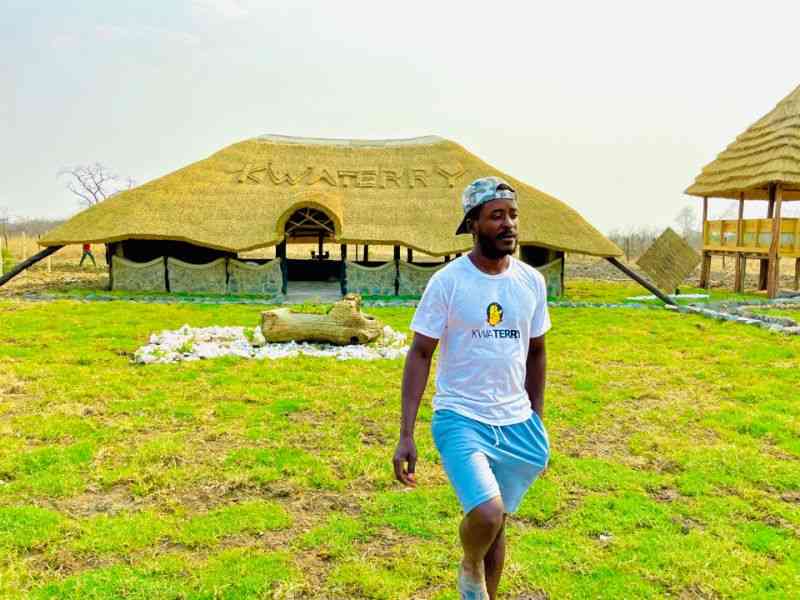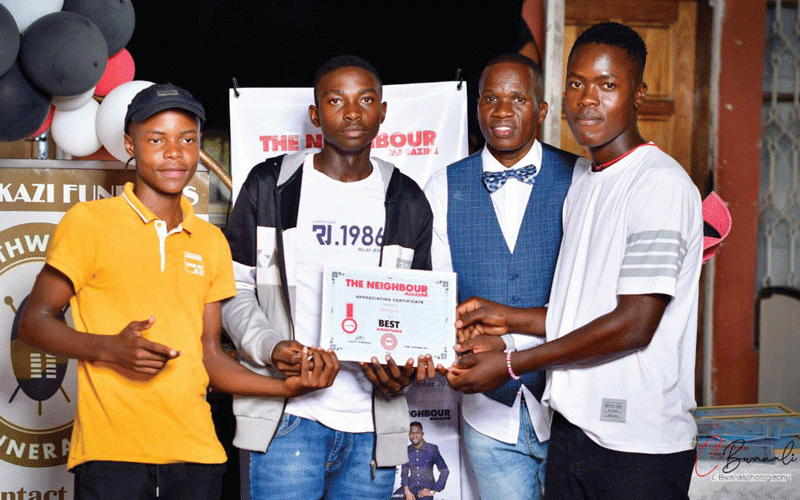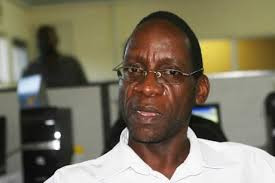
IT is 6 am in Mhondoro Ngezi village 6, about 111 kilometres south west of Harare, as 30-year-old young farmer Terrence Maphosa wakes up to check on his roadrunner chickens that are ready for sale.
The dawn is punctuated by a chorus of chirping birds and he joins the chorus with his disjointed whistling that startles away some of the birds perched in nearby trees.
Maphosa heads for the chicken coop still in his pajamas, dragging his feet and making an irritating sound with his gumboots.
He silently does a head count to check if none went missing overnight.
After completing a degree in political science from the University of Zimbabwe, Maphosa decided to pursue his passion for poultry and crop framing.
He markets his business on social media, especially on Twitter.
“I joined Twitter in 2017 and that is when I took my farming business to Twitter which led me to be who I am today. I took my farming business to the digital space and it changed my life,” Maphosa told NewsDay.
In 2017, Maphosa took his phone to capture a few photos of his chickens and logged on to the Microblogging site Twitter to tell his followers about his business.
- ICT props rural chicken farmer, but…
- Malaria deaths worry govt
- Avoid mosquito bites to prevent elephantiasis
Keep Reading
He said digital agriculture never slipped into his mind until his first tweet on his chickens.
“It’s not an easy road walking from being nobody to being who I am today. There are people who have good opinions on Twitter who seem to know so many things,” he said.
“When they see you posting whatever you are doing, they bring on various theories to gain traction for their handles at the same time bringing negative comments to put you down and destroy you and that has been the journey since 2017.
“I really appreciate the nexus between technology and farming.”
When it comes to political beliefs, a communication network like Twitter is persuasive and frequently works to modify or influence opinions.
In light of the fast-expanding importance of social media, politicians have been compelled to identify with individuals who have a large following for political gain.Maphosa said his vision is to unite people on social media through the farming business and not anything related to politics.
“I am a farmer, we feed the nation and I have never believed in being connected to any political party,” he said.
“My duty now is to be a farmer. You can come from whichever political party, I do not mind as long we are doing business. No one owns me, I am myself, I just unite people through my hustles.”
Despite ICT quickly gaining traction in Africa, the continent is plagued by power shortages and the high cost of adopting it and this has affected the full unleashing of the agricultural revolution.
ICT minister Jenfan Muswere told NewsDay that the Smart Zimbabwe Master Plan sectors need a constant power supply to integrate the ICTs.
“In pursuit of the Smart Zimbabwe Master Plan, sectors such as Agriculture, Health, and Mining, require an uninterrupted power supply as a key component to the successful integration of ICTs in order to improve productivity and efficiency,” Muswere said.
“The government has come up with a raft of measures in order to address power issues including advocating for the use of renewable energy such as solar.
“The development of solar power plants, the expansion of Hwange 7 and 8, and the refurbishment of Kariba are all testimony to the government’s commitment to providing power.
“These measures by the Government have seen the Sector being able to provide reliable and robust ICT services such as mobile network services throughout the country.”
A young female farmer Nomaliso Musasiwa of Fresh in a Box bemoaned prolonged power cuts as a threat to the use of technology to boost agricultural activities in Zimbabwe.
In developed countries, ICT in agriculture provides farmers with vital information that enables them to improve agricultural productivity.
In developing countries, significant population expansion and digital technological advances have immense potential to drive economic growth and alter the agriculture sector.
With over 60% of the region's population under the age of 25, active youth participation in agriculture is critical.
According to the Food and Agriculture Organisation (FAO)’s status of digital agriculture in 47 sub-Saharan African countries, the continent’s youthful population enables the potential for digital agriculture transformation in sub-Saharan Africa and increased mobile penetration.
Countries across the region are in varying stages of digital agriculture transformation, which creates an opportunity for the exchange of knowledge, expertise, and lessons.
However, an inclusive and collaborative process is essential so that no one is left behind.
Kuwadzana East legislator Charlton Hwende said young farmers need to adopt the use of ICTs to deal with some challenges faced in agriculture.
“Young farmers who have embraced ICT and social media have found solutions to most of the problems that are found in the farming value chain,” Hwende said.
“They are using apps that have improved access to information and inputs, finance, weather patterns, and markets for smallholder farmers in Zimbabwe.
“A Good example is that of Fresh in a Box owned by a young female farmer Nomaliso Musasiwa which has become the most successful eCommerce platform and virtual farm in Zimbabwe helping farmers to find potential markets.”
- Follow Evans on Twitter @EvansMathanda19










